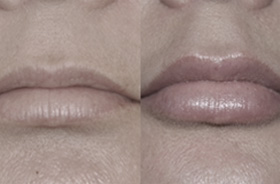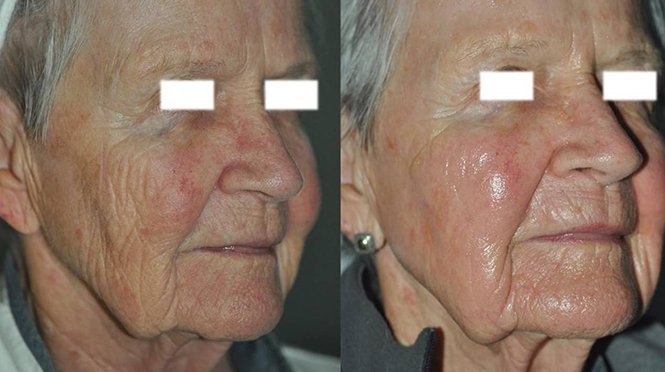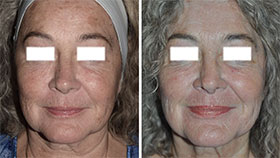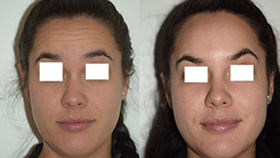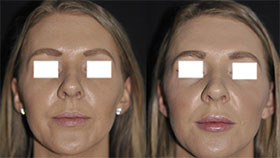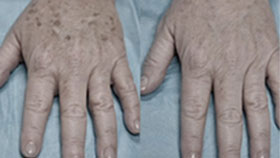Understanding Jimmy Buffet’s Merkel Cell Carcinoma: A Rare but Aggressive Skin Cancer
Merkel cell carcinoma (MCC), although rare, is a highly aggressive and potentially life-threatening form of skin cancer. Named after its discoverer, Dr. Friedrich Merkel—who identified it in 1875—MCC has gained increased attention in recent years due to its rapid progression and challenging treatment options. This post aims to shed light on this lesser-known skin cancer for Florida residents and others, as well as provide valuable information for those seeking to understand its characteristics and risks.
1. Rarity and Prevalence
Merkel cell carcinoma is considered a rare skin cancer, accounting for just 1 percent of all skin cancer cases. However, its incidence has been on the rise, with an estimated 2,500 new cases diagnosed each year in the United States. This upward trend has led to increased efforts in research and awareness.
2. Risk Factors
MCC primarily affects older adults, with the average age of diagnosis being 75 years old. Key risk factors include a weakened immune system, exposure to ultraviolet (UV) radiation from the sun or tanning beds, and infection with the Merkel cell polyomavirus (MCV). Those who have spent significant time outdoors, have had a history of other skin cancers, or have received organ transplants are at a higher risk.
3. Clinical Presentation
MCC typically manifests as painless, firm, shiny nodules, or lumps on the skin, usually red, blue, or purple in color. They often appear on sun-exposed areas such as the head, neck, and arms. Due to its rarity and benign appearance, MCC lesions resemble harmless skin conditions, leading to delayed diagnosis.
4. Diagnosis and Staging
A definitive diagnosis of MCC involves a biopsy of the lesion. Staging is essential to determine the extent of the cancer’s spread. MCC is categorized into stages I to III based on tumor size and lymph node involvement, and stage IV if it has metastasized to distant organs.
5. Treatment Options
Treatment options for MCC typically involve a combination of surgery, radiation therapy, and immunotherapy. Surgical removal of the tumor and affected lymph nodes is often the first step. Radiation therapy may follow to target any remaining cancer cells. Immunotherapy drugs, such as checkpoint inhibitors, have shown promise in treating MCC by boosting the body’s immune response against the cancer.
6. Prognosis
MCC’s prognosis can be challenging due to its aggressive nature and potential for recurrence. Early diagnosis and intervention significantly improve the chances of successful treatment. However, for advanced cases, the prognosis may be less favorable.
In conclusion, Merkel cell carcinoma may be a rare skin cancer, but its aggressive behavior demands attention and vigilance. Understanding the risk factors, clinical presentation, and available treatment options is crucial for early detection and improved outcomes. Regular skin examinations, UV protection, and prompt medical evaluation of suspicious skin changes are essential steps in preventing and managing this challenging skin cancer. If you or someone you know falls into a high-risk category, consult a dermatologist at Skin Wellness Physicians for guidance and early detection measures.
Contact us online to schedule a visit, or call 239.732.0044.



